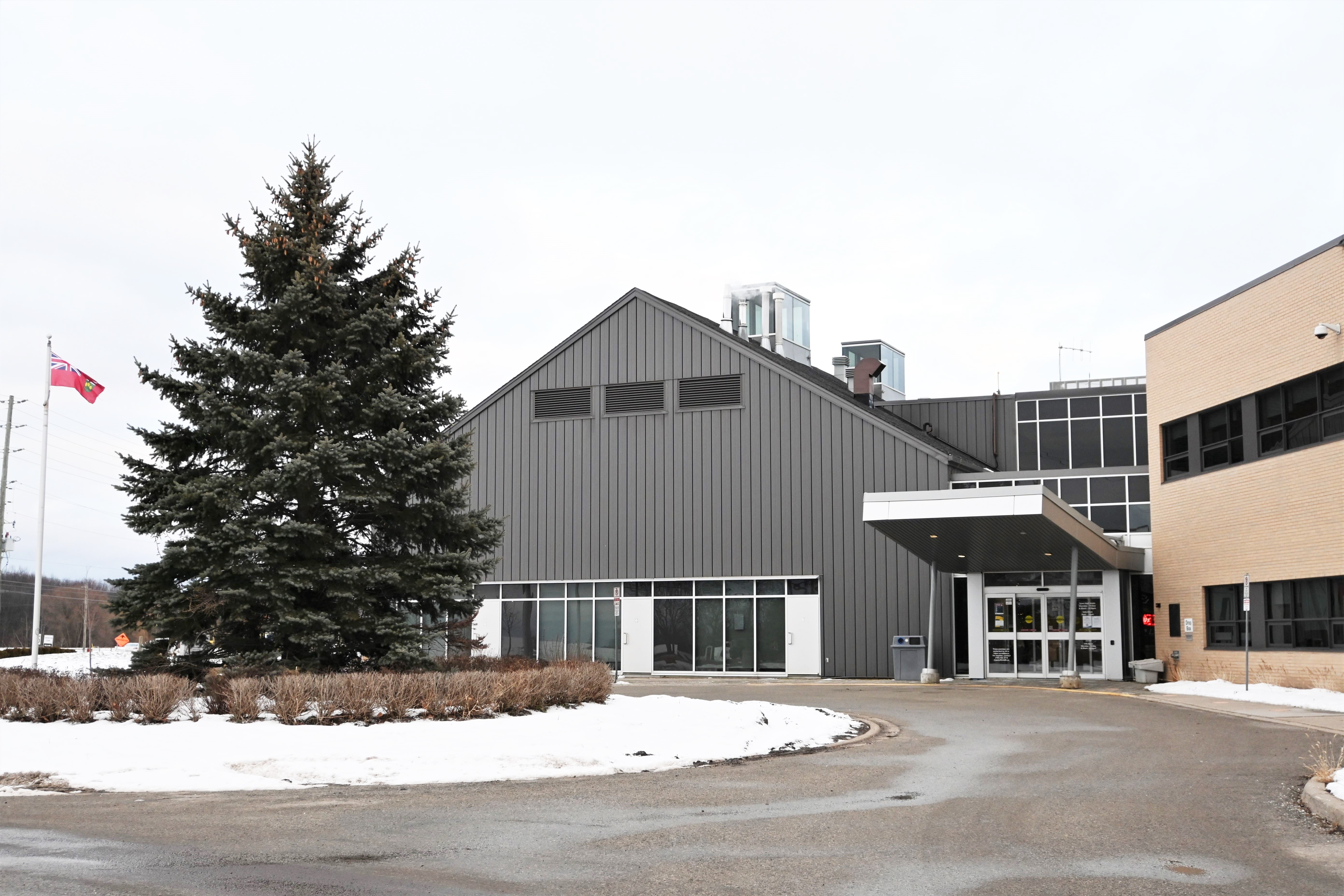Land Acknowledgment
The Town of Innisfil is committed to advancing Truth and Reconciliation in relationship with Indigenous peoples and communities. In the spirit of embracing the principles of Truth and Reconciliation outlined in the Truth and Reconciliation Commission (TRC) of Canada’s final report, we adopted a land acknowledgment statement to:
- Recognize the First Nations whose traditional territories we live, work, and play on
- Honour Indigenous histories, cultures, knowledge, lands, and treaties
- Offer gratitude for Indigenous peoples, both in the past and the present, and their contributions to our communities
- Acknowledge that settlers’ presence on the land is part of a colonial history that has caused significant harm to Indigenous peoples and communities
- Reflect on our relationship and responsibility to the land and each other
Land Acknowledgment Statement
The Town of Innisfil acknowledges that Innisfil is situated on Treaty land that is steeped in rich Indigenous history. The Town also acknowledges that this land is the Traditional Territories of the First Peoples of Turtle Island. It is shared between the Anishinaabe peoples of Beausoleil First Nation, Chippewas of Rama First Nation, and Chippewas of Georgina Island First Nation and we thank them for generations of stewardship.
This meeting place is still the home to many Indigenous people and (as settlers) we are grateful to have the opportunity to work on this land.
The Town acknowledges the forced sacrifices that are the foundation of Canadian society today. We are dedicated to honouring Indigenous history and culture and committed to moving forward in the spirit of reconciliation and respect with all First Nation, Métis, and Inuit.
Terms and pronunciations
Read terms and pronunciations of words used in our Land Acknowledgment Statement:
- Turtle Island: Refers to the continent of North America
- Anishinaabe: Ah-ni-shin-aw-beh
- Beausoleil: Bow-sow-lay
- Chippewas: Chi-puh-waa
- Métis: May-tee
- Inuit: I-nyoo-uht
Using the Land Acknowledgment
We use the land acknowledgment statement at the beginning of the Town’s council and public meetings, special events, celebrations, meetings with dignitaries, and other significant community events or gatherings as appropriate. The statement may be spoken, printed, or projected.
How was Innisfil’s Land Acknowledgment developed?
In January 2021, the Innisfil ideaLAB & Library Board formed a Land Acknowledgment Statement Committee to update the land acknowledgment statement adopted in 2017. The Committee included Library Board Members, a Town of Innisfil Council Member, and local First Nations representative Jeff Monague.
The Town of Innisfil has acknowledged the traditional territory of Indigenous peoples at significant events in the past but recognized the need for a more formal land acknowledge statement. Respecting the valuable work of the Land Acknowledgment Statement Committee, the Town of Innisfil’s Council adopted the Innisfil ideaLAB & Library’s Land Acknowledgment statement on September 22, 2021.
About Land Acknowledgments
Land acknowledgments are rooted in Indigenous worldviews and protocol. Indigenous peoples have traditionally recognized their relationships to land and territory at the beginning of ceremonies and gatherings through verbal statements, ways of dress, art, and more.
Today, settlers use formal land acknowledgment statements to recognize the presence and resilience of the Indigenous peoples who were the first to care for this land and call it home.
Why adopt a Land Acknowledgment?
In 2015, the Truth and Reconciliation Commission of Canada formally called on the federal government to reaffirm the nation-to-nation relationship with Indigenous peoples “based on the principles of mutual recognition, mutual respect and shared responsibility of maintaining those relationships into the future” (TRC Call to Action 45).
Adopting and practicing a land acknowledgment is a small but important step the Town of Innisfil can take in rebuilding relationships between Indigenous and non-Indigenous peoples in Canada and honouring the original agreement to live in peace, friendship, non-interference, and respect. Dedicating time to reflect on the truth about Canada’s colonial history and how to contribute to reconciliation offers a regular reminder that we are all accountable to these relationships as Treaty people.
Standing together in mourning
In May 2021, the remains of 215 Indigenous children were uncovered in an unmarked mass grave outside the former Kamloops Indian Residential School. Since then, the remains of hundreds of Indigenous children have been recovered from the grounds of Canada’s so-called "Indian Residential Schools" with thousands more expected to be uncovered.
Indian Residential Schools were government-funded and largely run by churches. They were designed to assimilate Indigenous children by destroying Indigenous cultures and languages. The last Indian Residential School closed in 1996. The discrimination, deprivation, abuse, and trauma that Indigenous children and families experienced in Canada’s residential school system has been labelled as cultural genocide by the Truth and Reconciliation Commission of Canada.
We stand in solidarity with the survivors, their families, and the communities who are mourning, grieving, and healing.
| Available support |
|
You are not alone. Support is available:
|
Learning resources
Learn more about land acknowledgments and Truth and Reconciliation in Canada.
| Resources on land acknowledgments |
| Learn more about Indigenous territories, treaties, and land acknowledgments with these resources: |
| Resources on Truth and Reconciliation |
Learn more and take action on Truth and Reconciliation:
|

